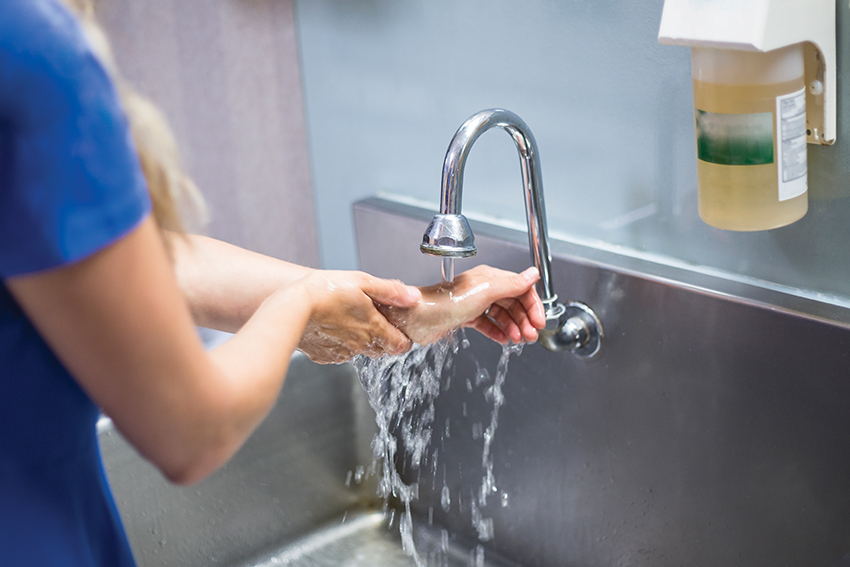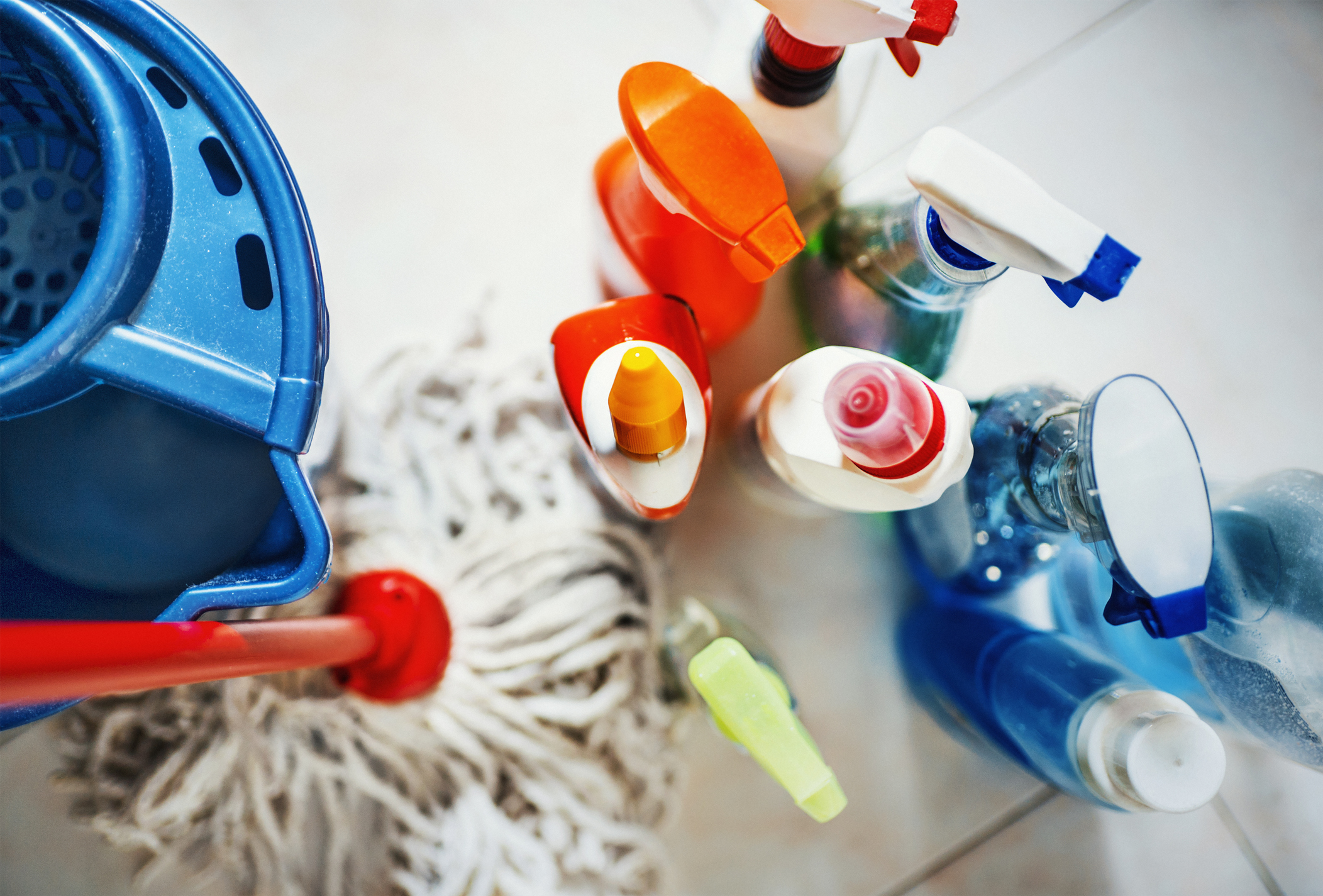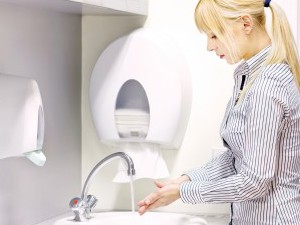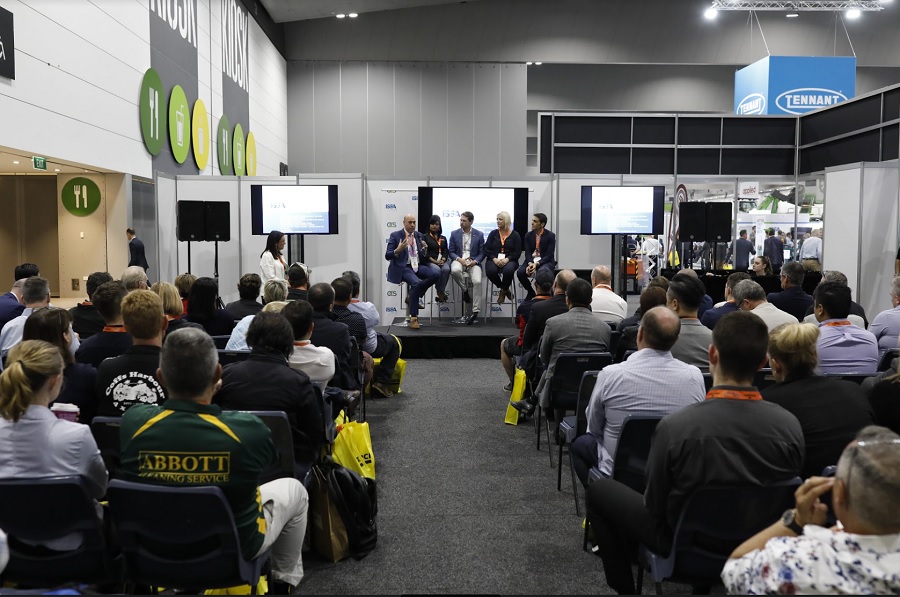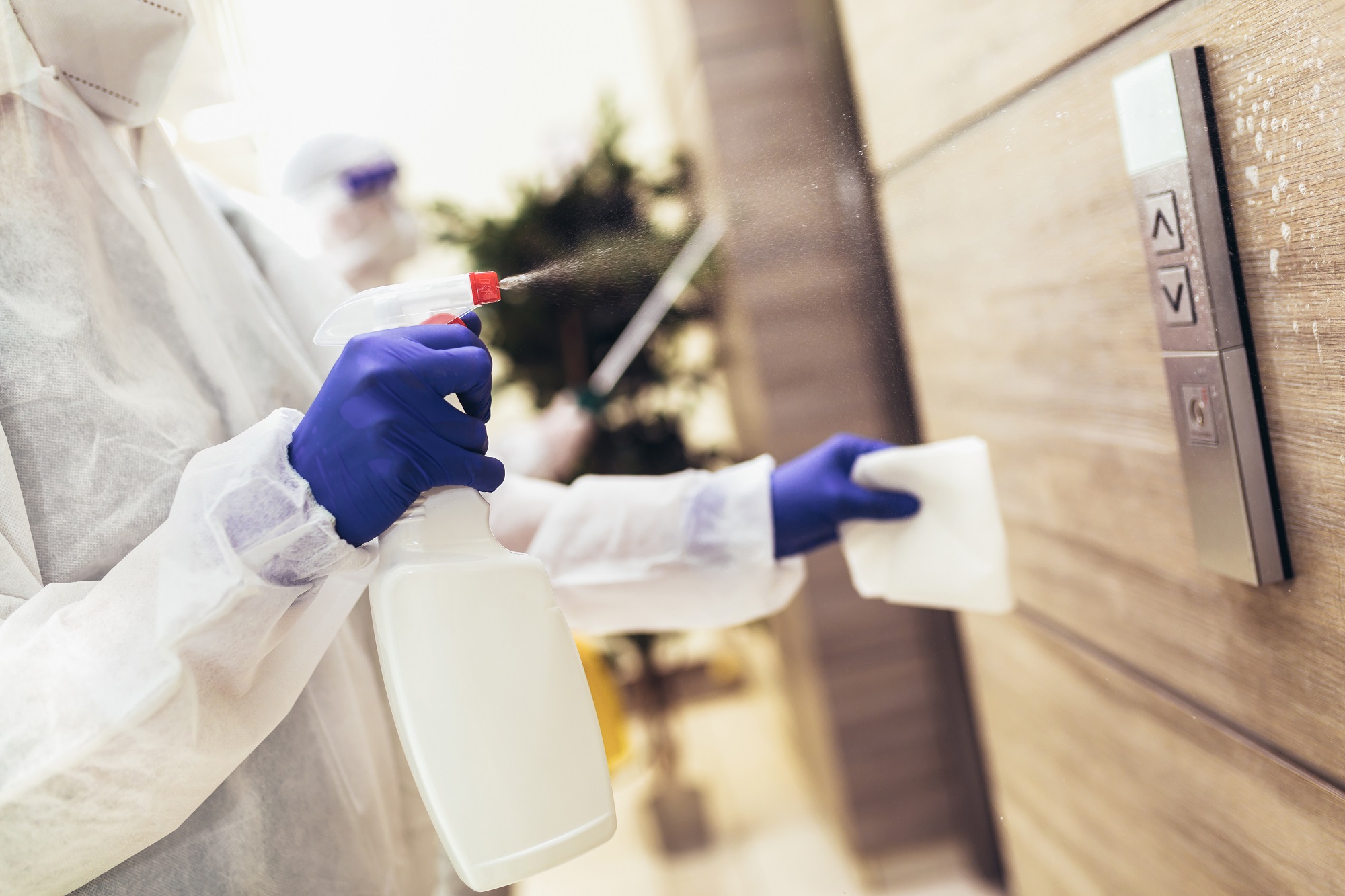
Poor hygiene standards in public spaces, overall worry for global health threats, knowledge gaps and taboos in discussions around health and hygiene – these are just some of the barriers to wellbeing identified in the Global Hygiene and Health Survey 2022 conducted by Essity.
The findings are based on responses from more than 15,000 people world-wide with the aim to find healthier solutions for future generations.
The Global Hygiene and Health Survey 2022 focuses on the future of wellbeing as well as the knowledge gap around issues of hygiene and health.
“The world is evolving and changing in rapid speed. New pandemics and other global challenges affect our health and well-being,” said Joséphine Edwall Björklund, Senior Vice President, Communications at Essity.
“We have conducted this survey as we want progress for people’s wellbeing and raise awareness of the importance of hygiene and health and its link to wellbeing. Also, by looking at the future of wellbeing we aim to break barriers for well-being and find solutions for a healthier next generation.”
One of the surveyed areas is public spaces. When it comes to hygiene standards in public spaces, one in four say they feel comfortable about hygiene standards in public bathrooms and three in 10 in public transport.
Out of these, seniors feel the most uncomfortable about hygiene standards in public spaces, especially in public washrooms as only 13 per cent of people aged 66-80 years old claim to feel comfortable about hygiene standards in these venues.
A majority also expressed higher expectations on the hygiene standards in public bathrooms after COVID-19. Furthermore, there are higher demands on the cleanliness, accessibility and smart solutions such as connected washroom devices.
Improving hygiene standards in public places may also have other positive effects. According to the study, 38 per cent of the respondents say that improvement of hygiene standards in public spaces would make the biggest difference in helping to stop the spread of bacteria resistance to antibiotics.
In fact, the worry about antimicrobial resistance (AMR) has increased since 2019 when 46 per cent expressed concern. Today more than half of the respondents (54 per cent) are concerned of AMR as a threat to public health where they live.
This can be compared to pandemic outbreaks, which 63 per cent are worried about, a slight decrease since 2020 (70 per cent), but still higher than prior to the outbreak of Covid-19 when only 43 per cent experienced this as threat to public health.
Besides poor hygiene standards in public spaces and global health threats, lack of knowledge is another concern related to the future of well-being.
When asked a set of 12 commons myths about health and hygiene, an average of one in two (51 per cent) answered wrong or don’t know.
Excerpts from the survey
- 75 per cent do not feel safe about hygiene standards in public bathrooms
- 71 per cent do not feel safe about hygiene standards in local transportation
- 87 per cent of people aged 66-80 years old do not feel safe about hygiene standards in public washrooms
- 57 per cent expressed higher expectations on the hygiene standards in public bathrooms after COVID-19*
- 80 per cent say that access to clean drinking water in future public spaces is essential for their well-being
- 79 per cent say that a high standard of cleanliness in future public spaces is essential for their well-being
- 78 per cent say that access to washrooms in future public spaces is essential for their well-being
- 66 per cent say that access to basic personal hygiene products such as menstruation pads, diapers etc. is essential for their well-being
- 53 per cent say that access to self-cleaning and odor-control toilets is essential for the future public washroom
- 40 per cent say that access to connected washroom devices (e.g. toilet paper, soap…) is essential for the future public washroom
- 23 per cent say that disease-detecting toilets (e.g. urine tests) is essential for the future public washroom
- 38 per cent say that improvement of hygiene standards in public spaces (e.g. workplaces, public buildings, airports, public transport) would make the biggest difference in helping to stop the spread of resistance to antibiotics (i.e. antimicrobial resistance) where they live
- 54 per cent are worried about antimicrobial resistance as a threat to public health where they live
- 63 per cent are worried about pandemic outbreaks as a threat to public health where they live* Excerpt included from the 2020/21 Essentials Initiative Survey
Comment below to have your say on this story.
If you have a news story or tip-off, get in touch at info@incleanmag.com.au
Sign up to INCLEAN’s newsletter.
